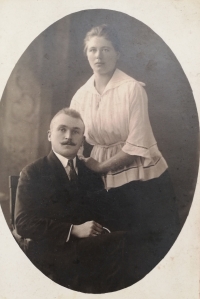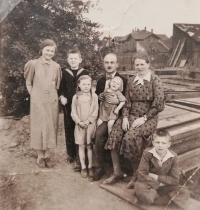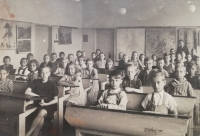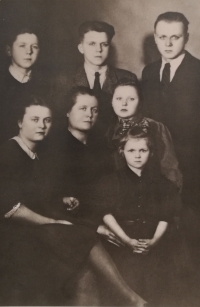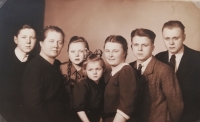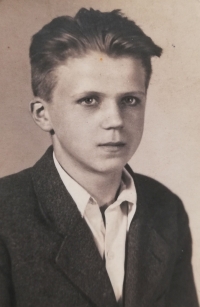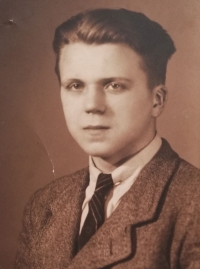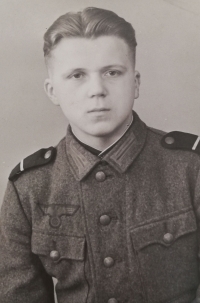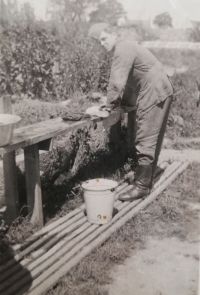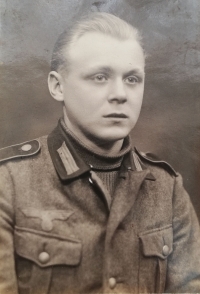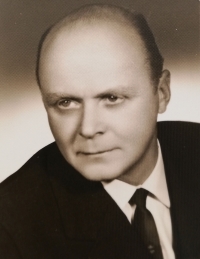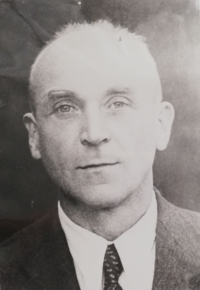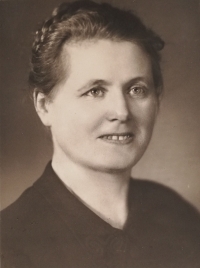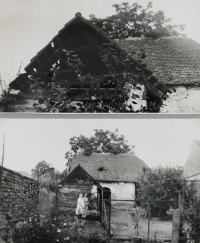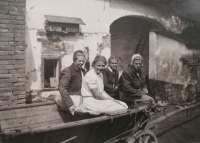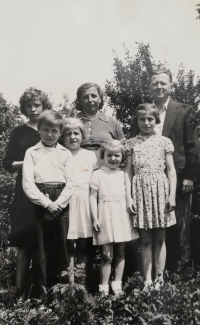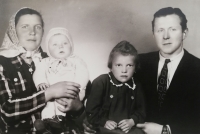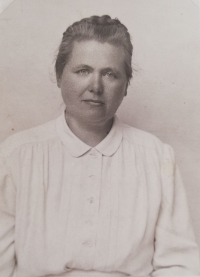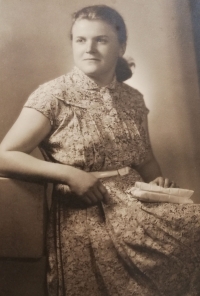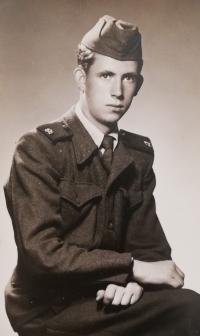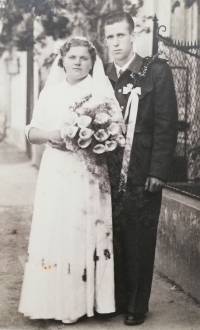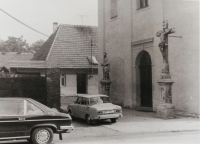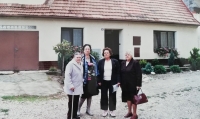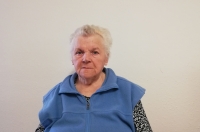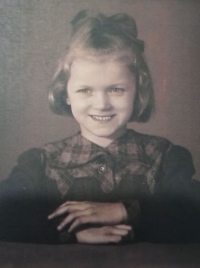If they knew what was coming, they would have chosen deportation

Download image
Anděla Válková was born Angela Fiala on 10 February 1935 in Brno to German parents. Her father was a master locksmith and had a workshop with several employees in the centre of Brno. During the war, one misfortune after another began to haunt the family. First came the divorce of her parents, as a result of which, her mother had to take over the management of the workshop. Her two eldest sons were of great support, but soon they had to enlist in the German army. The older one was wounded and returned home. The younger one died during the battle of Kursk. Her mother became ill, and her condition slowly grew worse. At the war’s end, the workshop was destroyed during the bombardment of Brno, but the family managed to escape to their grandparents in the countryside in time. Here, in the South Moravian village of Popice, she experienced the arrival of the Red Army and the subsequent deportation of almost all of their German neighbours. After many interventions, the family managed to avoid deportation and maintain their home and property. Not for long. Soon they were evicted from their home, their fields were confiscated, Mom died prematurely, and Dad was taken to the Soviet Union as part of reparations. Since then, the family has had no trace of him. Anděla Válkova was ten years old when the war ended. In the post-war years, which were strongly characterised by anti-German sentiment, she tried to fit in with her fellow Czech citizens. She learned Czech, changed her first name to Anděla, and soon married a Czech, František Válka, and moved away from Popice, where her German origins would not be known. She worked all her life in a factory and the JZD [Unified Agricultural Cooperative - transl.], built a house with her husband and gave birth to and raised three children. In 2023, she lived in Velké Němčice in South Moravia.
